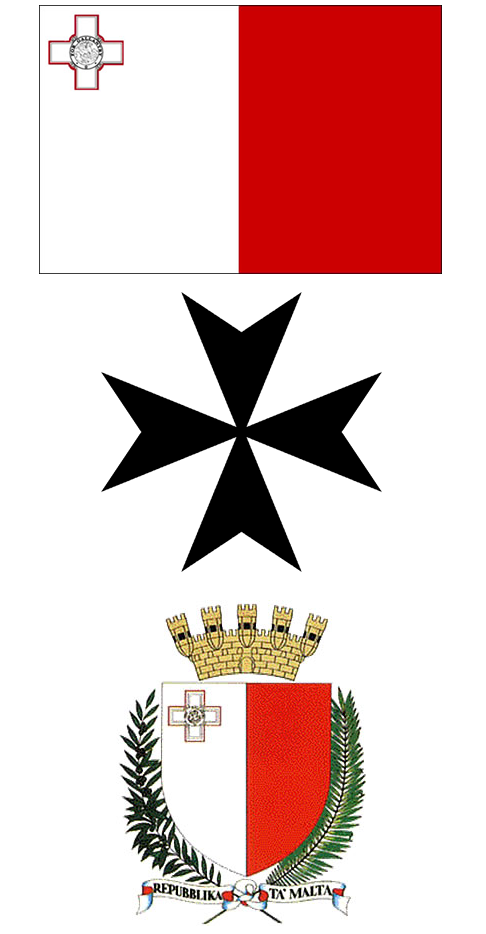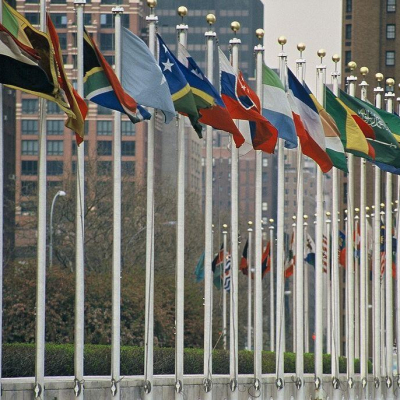Driving in Malta

There are many pros and cons to driving in Malta. While most destinations are accessible by bus, driving allows you the freedom to explore the islands on your own time and see rural areas not easily accessible by bus or by foot.
If you are going to rely on a car to get around Malta there are a few things you should know before you go.
What to expect
Observance of road rules in Malta is inconsistent, and you can expect high speeds and aggressive driving.
Driving in Malta follows the British system and cars drive on the ‘other’ (left) side of the road. Road signs are consistent with EU and UK standards.
Traffic in Malta can be heavy, especially in urban areas. Rush hour is from 730-900hrs/7:30-9:00am and 1415-1900hrs/2:15-7:00pm. There is less heavy traffic in Gozo, where many find driving to be easier.
There are no high/motorways in Malta, and no toll roads. Speed limits throughout the island top out at 80kph/50mph. The speed limit in built up areas is 50kph/30mph. You can expect drivers to slow or stop suddenly on roads where there are speed cameras.
Many streets within a village can be one way, something foreign drivers may not be accustomed to. Access to streets can also be blocked off during school hours.
You can expect drivers to overtake/pass along the edges of roads, in no-pass zones, and on blind crests. You can expect drivers to pass multiple cars or trucks at once. Bikes, motorcycles, all-terrain vehicles (ATVs) and scooters, are permitted to drive on the road in Malta, and you can expect them to weave throughout traffic and pass along the centerline.
Traffic lights are less common in Malta than roundabouts, which follow yield and merge rules. In a roundabout drivers must give way to the right. Since traffic lights are relatively new to the islands, be vigilant at lights as drivers will not necessarily yield to them.
Drivers generally yield to pedestrians at marked crosswalks, but rarely at other locations. Be aware that some tourists expect drivers to yield to pedestrians everywhere, and may step out into the road without notice, especially in congested areas.
Laws
It is illegal to talk on a mobile phone – hand held or hands free – while operating a vehicle in Malta.
By law, all vehicle passengers must wear a seat belt.
Child safety seats are not required by law.
The alcohol limit in Malta is 0.8g/l of alcohol in the blood. Drink/drunk driving is not uncommon on the islands, and is poorly monitored. It is highly recommended to be alert when driving at night, especially in entertainment districts and on main roads with higher speed limits.
Petrol/Gas
Petrol stations in Malta are small, and are located roadside throughout the island. Petrol stations are open 7 days a week, 24 hours a day.
On Saturdays between midnight and 800hrs/8:00am, and all day on Sunday, petrol stations are self service. During self service hours, petrol stations use the “honour system”: you pay cash at a machine which issues you a receipt, and fill your car with petrol. If a petrol station is out of petrol and you have already paid at a machine, simply return with your receipt the next day for a refund or to fill your tank.
You can also purchase windscreen fluid, oil, etc. from petrol stations. Unlike in Continental Europe and North America, most petrol stations do not sell food and drinks.
Credit cards are not generally accepted at petrol stations. Cheques are accepted at some petrol stations with a valid ID card. Cash payment is standard.
Parking
Parking in Malta is limited. Most parking is located on the street (and free!), so you should brush up on your parallel parking skills. Multi-storey paid parking complexes/car parks are located mainly in Valletta, Sliema and St. Julian’s.
Do not park on double yellow lines, or in front of garages. Park between white lines only. If you are unlucky, improperly parked cars will be fined, clamped, or towed.
Streets in Malta can be very narrow. When parking on a narrow street, take care to fold in your mirrors to avoid damage by passing cars.
All cars in Malta should have time discs, small paper clocks, located in the bottom corner of their windshield/screen. Before parking in time-restricted areas, you must set your time disc to the current time to avoid being ticketed by a Parking Warden.
In some public car parks/parking lots, car park attendants or “parkers” will seek to assist you in parking your car. Although these attendants are licensed by Transport Malta, and although they may argue otherwise, parking in such car parks/lots is completely free and you are not obligated to pay or tip attendants for their services. Of course, feel free to do so if they have offered you a valuable service or advice. As of this writing, regulations for car park attendants in Malta are changing. Check with your car hire company, or ask a local, for the latest standards.
If you are renting or purchasing property in Malta, check with your real estate agent about the availability of parking spaces. Many flats will include a parking spot in the basement of the building at an additional fee (approximately €100/month). Private individuals also rent out parking spaces at a similar monthly rate.
At large events, such as festas and concerts, Park & Ride options are generally made available to the public at a small fee.
Limited Access Areas
Vehicle access to Valletta is restricted as per the Controlled Vehicle Access (CVA) initiative. CVA makes use of cameras that photograph cars entering and exiting the city. The CVA system identifies the vehicle, calculates the time the vehicle remained inside the Valletta CVA boundary, and computes a fee due for access to the city. As of this writing, the first 30 minutes is free, and every additional 30 minutes is charged at €0.82c.
Due to CVA and limited parking, taking a bus, ferry, or water taxi to/from Valletta is normally a better option.
Only public and residential vehicles can enter the historic city of Mdina. Free parking is located outside of the city walls.
Accidents
The emergency number in Malta is 112.
For non-emergency accidents, call a Warden on 2132 0202.
In the case of an accident you are not permitted to move your car until a Warden arrives on the scene. This may mean leaving your car in the middle of the street.
You should take photos of the incident while you wait for a Warden to arrive. Following an accident, the Warden files a report and makes a recommendation to your insurance company as to who is at fault.
Maintenance and Repairs
To schedule maintenance or repairs for your car, contact a local garage. Garage rates in Malta are quite inexpensive compared to the rest of Europe and North America.
There are larger, dealership garages and smaller, private garages in Malta. Most private garages are cheaper, and are located in the street level of buildings. For example, to fix the rim of a tyre/tire and fill the tire with air at a small, private garage costs approximately €7.
Car parts often have to be shipped to Malta from other countries, and can take some time to arrive. To avoid waits or disappointment, call ahead at a garage to make an appointment or check availability.
Roadside assistance is available to purchase in Malta through garages and insurance companies from as little as €35/year.
Car washes and cleaning are inexpensive in Malta. Drive-through car washes are approximately €6. Personal interior/exterior cleaning services cost approximately €15.
Useful phrases
- Petrol – Gasoline
- Zebra/pelican crossings - Pedestrian crossings
- Excess – Deductible (insurance)
- Gearbox – Transmission
- Boot – Trunk
- Bumper – Fender
- Diversion – Detour
- Indicators – Blinkers
- Windscreen – Windshield
- Sleeping policeman – Speed bump
- Kerb – Curb
- Tyre – Tire
- Tarmac – Road
- Pavements – Sidewalks
- Overtaking – Passing
By Jess Gerrow, who traded city life in Canada for island life in the Mediterranean two years ago. She is a postgraduate marketing student, blogger, and freelance writer.
- My Life Abroad -
A selection of expat stories

"A fun compulsive read!"
J. Matcham, Amazon
"I strongly advise people ready to live abroad to read this book!"
Patrice, Amazon

 National symbols of Malta
National symbols of Malta Embassies and Consulates in Malta
Embassies and Consulates in Malta